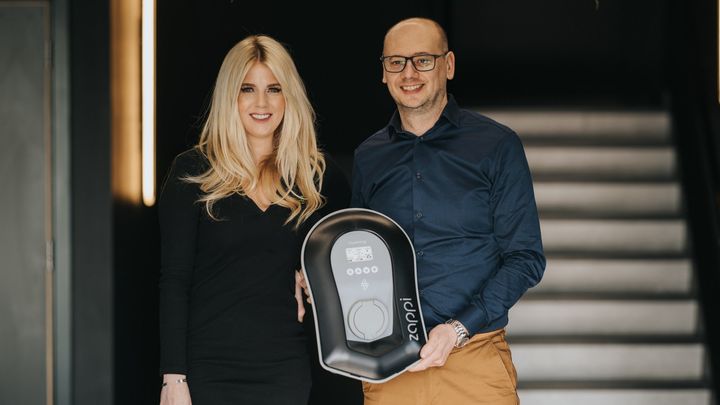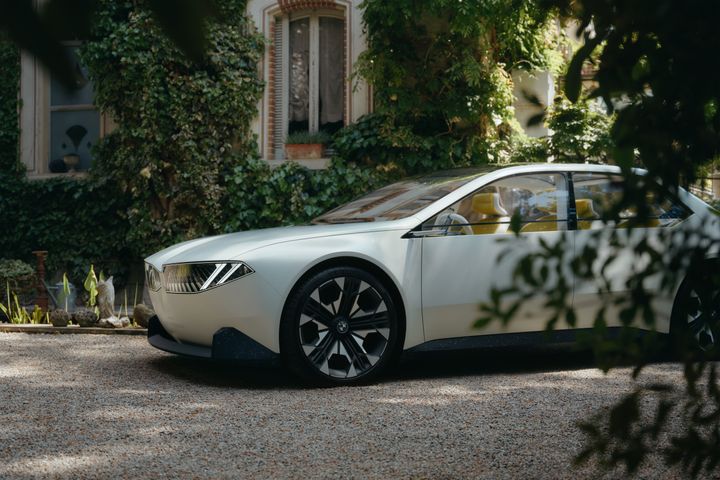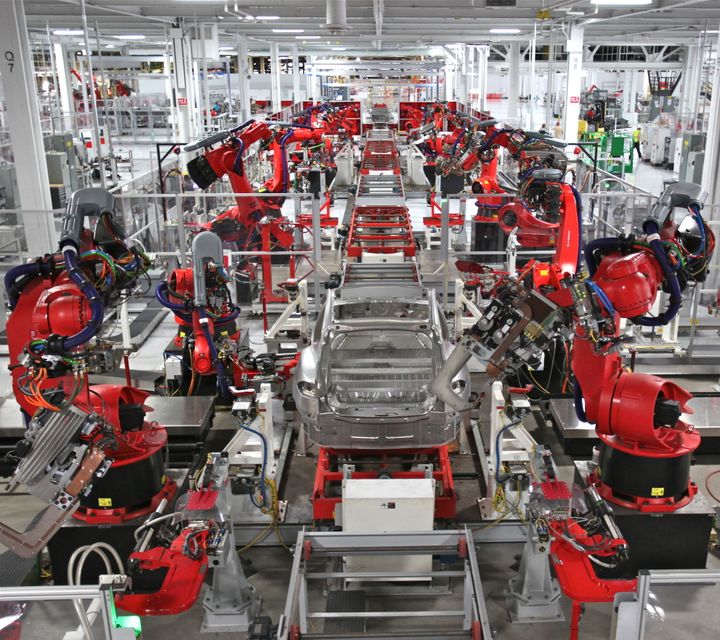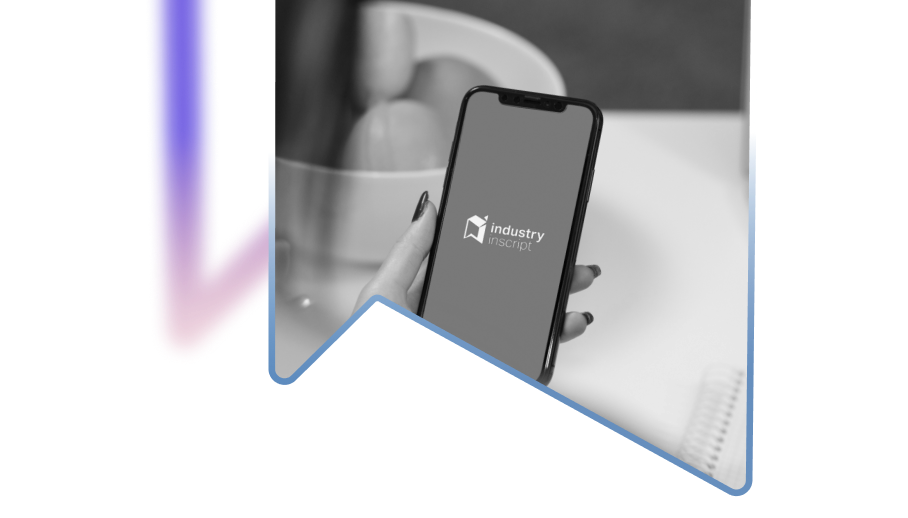MG Motor India And Lohum Collaborate To Develop Second-Life EV Battery Solutions
June 05, India: Battery recycling and repurposing solutions company, Lohum has collaborated with MG Motor India to develop second-life solutions for MG Motor’s EV batteries. The aim of this alliance is to provide solutions for recycling EV batteries instead of discarding them.
Under this collaboration, Lohum will reuse end-of-first-life batteries of MG motor EVs and systematically utilise them for a wide variety of applications. The first product under this alliance is a Battery Energy Storage System (BESS) with a 5 kWh capacity which is generated from MG’s SUVs which have reached the end of their first life. This system is developed with the capability of addressing energy needs in both rural and urban areas by providing reliable power supply even in regions with unreliable grid infrastructure.
As per the official press release by Lohum, Rajeev Chaba, CEO Emeritus of MG Motors India said, ”Our collaboration with Lohum allows us to take a significant move forward in our commitment to sustainable mobility. By repurposing used batteries of our EV models, we not only extend their life cycle but also enable the delivery of power to essential community centres”.
Rajat Verma, Founder and Chief Executive Officer of Lohum also said, "We nticipate over 1-GW of batteries to be deployed by MG Motor in the market through its vehicles, in roughly a three years period. The company already has deployed close to 100-MW of power through the batteries in its EVs, which is expected to accelerate further in the next three years,".
The major application of these repurposed batteries is providing reliable solutions in solving peak demand problems and providing backup during high demand, and addressing power deficit scenarios in regions with insufficient transition and distribution infrastructure in India.
The collaboration also aims to establish micro charging stations by virtue of solar energy to enhance the 24x7 functionality of energy resources. Both companies aim to develop solar energy charging solutions for batteries at a large scale, to meet the current and future demand.
Both companies have primarily focused on creating economically superior alternatives, however, cost-sharing and revenue-sharing details are undisclosed.
With a focus on the Indian electric vehicles market, the collaboration aims to deploy charging stations and power backup solutions where needed. The partnership also aims to set standards to ensure an effective flow of communication between customers, OEMs and battery recycling partners, hence leading to more efficient use of repurposed batteries and battery wastage management solutions.




 Industry Inscript is a subsidiary of Valiant and Company Ltd.
Industry Inscript is a subsidiary of Valiant and Company Ltd.
Comments ()